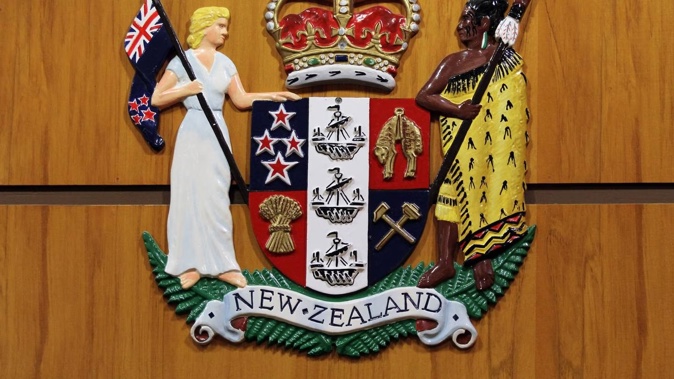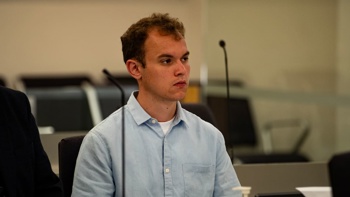
Families are waiting longer for answers at coronial inquests, and criminal cases are taking longer to be resolved, as court system backlogs continue.
Answers to written parliamentary questions show the average number of days to resolve a Coronial case has gone from 346 in 2018, to 497 in May.
At the same time there were 234 families waiting five or more years for an answer from the Coroners Court, up from 15 in 2017.
Over five years, families waiting more than three years for a resolution from the Family Court tripled to 1165, and the average number of days to resolve criminal cases in the District Court has jumped from 114 to 176 days.
Courts Minister Rino Tirikatene said he's aware of the stress caused by delays, and the Ministry of Justice has work underway to reduce backlogs in the system.
But National says it’s not happening fast enough.
Last year a coronial inquest began into the death of double murderer Paul Russel Wilson’s second victim Nicole Tuxford in 2018 – 24 years after he murdered former girlfriend Kimberly Schroder – and the suspected suicide of Schroder’s father, in the days that followed.
A spokesperson for the Schroder family Jenny Keogan says the case has hung over one family, and now a second for nearly 30 years.
She said the family initially understood the case would be wrapped up last November, but a further two days of statements has been pushed back multiple times, until at least September.
She said it has been difficult for the family to move on, while the case has been hanging over them.
“Until we can get to the point where every stone has been unturned … and for the Coronial Inquiry to be able to see it for potentially what it is as well, there's just no closure for the families.”
National Party Courts spokesman Chris Penk said he’s spoken to families in similar positions.
“They're re-traumatised again by having to tell their story over such a long period of time, and having to hold onto all that without the resolution.”
“There's an emotional element but there's also a practical element, whereby they might not be able to move forward with logistics, in terms of insurance, in terms of victims' status and the support that would go with that.”
Penk said the situation is mirrored in the Family and Criminal courts, and numbers have been tracking north since before Covid.
Tirikatene said the main drivers are people pleading guilty later in the court process, more adjournments of court events to a later date, and more people electing jury trials – with existing pressures exacerbated by Covid restrictions.
He said defended applications in the Family Court have grown by 26 per cent over the past five years, and there have been a higher volume of non-inquiry cases -- mostly natural cause deaths -- referred to the Coroner.
This year's North Island weather events also had an impact, with 13 District Courts completely closed for at least one day due to Cyclone Gabrielle or the Auckland flood.
Tirikatene said work underway to address delays includes increasing the number of judges in the Court of Appeal, High Court and District Court, and establishing Family and Coroners Court Associate positions.
The Ministry of Justice and the Chief District Court are working on the Criminal Process Improvement Programme (CPIP) - designed to make better use of court time and resources so cases are resolved more quickly.
Some CPIP solutions include making more police prosecutors available at larger courts and allowing the duty lawyer to represent their clients to progress the case at first appearance.
But Penk said CPIP is not happening quickly enough, and pointed to solutions like wider use of remote access technology, or legislative tweaks allowing cases to be heard in different districts.
“The law exists already to allow it - the Remote Participation Act already provides for this.
“To some extent it's just getting on with what can already be done. There needs to be some discipline, there needs to be a culture of innovating and getting stuff done.”
Auckland barrister Nick Chisnall said remote technology is already being used in many of the cases that allow it.
“But for things like sentencings and trials it's a major step to then decide to conduct those remotely,” he said.
“I don't think it's an ideal way in which trials should be conducted, it should really be a last resort to do it that way.”
Chisnall said everyone has the right to timely access to justice, and the ongoing delays are putting strain on lawyers and judges.
“I'm seeing a sense of exhaustion that really has been there for a long time, but it is increasingly more obvious.”
Take your Radio, Podcasts and Music with you









